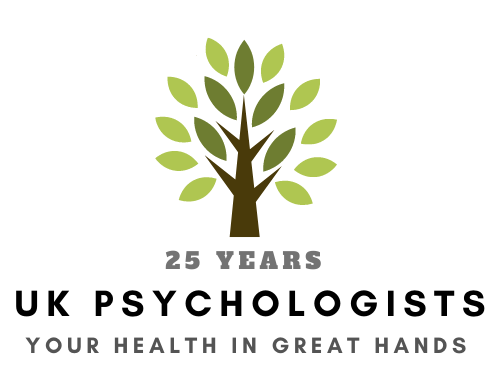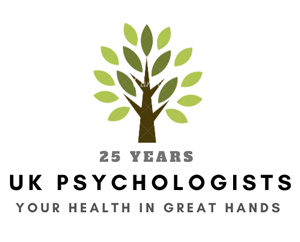
In today’s fast-paced, digitally-driven world, technology has become an integral part of our lives. From smartphones and social media to streaming platforms and instant messaging, the ways we connect, learn, and entertain ourselves have transformed dramatically. While technology has undoubtedly brought convenience and opportunities for growth, it has also introduced challenges, particularly concerning our attention spans and mental health.
The Shrinking Attention Span
One of the most noticeable effects of technology is the decline in our attention span. Studies suggest that the average human attention span has decreased significantly over the last two decades, partly due to the constant barrage of information available at our fingertips. Platforms like TikTok, Instagram, and YouTube encourage short-form content, training our brains to seek quick bursts of entertainment rather than sustained focus.
This phenomenon isn’t just anecdotal. Researchers have found that multitasking—a common behaviour in the digital age—can impair cognitive performance. Switching between tasks, such as texting while working or scrolling through social media during a lecture, prevents deep focus and reduces productivity. Over time, this can make it harder to engage in activities that require prolonged concentration, such as reading a book or solving complex problems.
Technology and Mental Health
- Society is getting more anxious!
Social media platforms are designed to keep users engaged through algorithms prioritising sensational or emotionally charged content. This can lead to feelings of inadequacy, anxiety, and depression, as users compare their lives to curated versions of others. The “Fear of Missing Out” (FOMO) exacerbates these feelings, creating a cycle of compulsive checking and scrolling.
2. Sleep Disruption
Blue light emitted by screens interferes with the production of melatonin, a hormone that regulates sleep. Late-night screen time can disrupt sleep patterns, leading to issues like insomnia, fatigue, and even long-term health consequences such as cardiovascular problems.
3. Addiction and Dependency
For some, technology use borders on addiction. Gaming, social media, and streaming platforms are intentionally designed to be engaging, sometimes at the expense of user well-being. Dopamine rewards from notifications, likes, and achievements in games can create dependency, making it difficult to unplug.
Mitigating the Effects
To ensure that technology enhances rather than detracts from our lives, we must adopt mindful practices:
- Set Screen Time Limits: Use apps or built-in device settings to monitor and limit daily screen time.
- Prioritize Deep Work: Dedicate blocks of time to focused, distraction-free tasks to rebuild concentration skills.
- Create Tech-Free Zones: Establish areas in your home, such as the bedroom or dining room, where technology use is discouraged.
- Practice Digital Detox: Periodically disconnect from devices to reset your mental state and reconnect with offline activities.
- Seek Balance: Use technology to support your well-being by engaging with educational content, mindfulness apps, or virtual therapy, rather than allowing it to dominate your life.
Final Thoughts
Technology is neither inherently good nor bad; its impact depends on how we use it. By understanding the effects of technology on our attention span and mental health, we can make conscious choices to harness its benefits while minimising its drawbacks. Striking a balance between the digital and the real world is key to fostering a healthier, more focused, and mentally resilient society.

